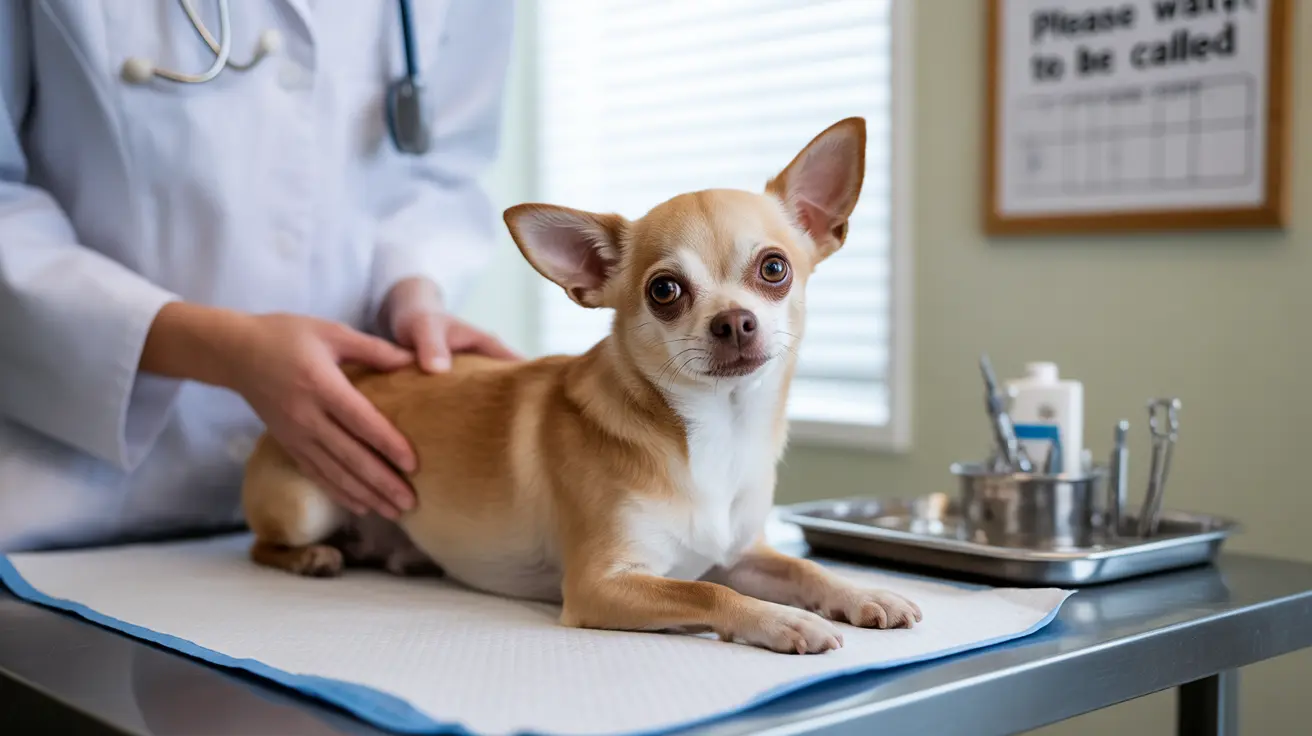If you've noticed an unpleasant fishy odor coming from your dog, you're likely dealing with anal gland issues. This common problem affects many dogs and can be both uncomfortable for your pet and unpleasant for your household. Understanding how to get rid of dog gland smell effectively requires knowledge of the underlying causes and proper treatment approaches.
In this comprehensive guide, we'll explore proven methods to eliminate anal gland odor, recognize warning signs, and implement preventive measures to keep your furry friend healthy and odor-free.
Understanding Dog Anal Glands and Their Function
Anal glands are small sacs located on either side of your dog's anus that produce a distinctive scent used for territorial marking. When functioning normally, these glands express naturally during bowel movements. However, when they become impacted or infected, they can cause that characteristic fishy smell that many pet owners find distressing.
Common Causes of Anal Gland Odor
Several factors can contribute to anal gland problems and associated odors:
- Soft or loose stools that don't provide adequate pressure for natural expression
- Poor muscle tone around the anal area
- Obesity
- Anatomical abnormalities
- Food allergies or sensitivities
- Chronic inflammation
Identifying Anal Gland Problems
Watch for these warning signs that indicate your dog may be experiencing anal gland issues:
- Scooting or dragging their bottom across the floor
- Excessive licking or biting at their rear end
- Strong fishy odor
- Visible swelling or redness around the anus
- Difficulty or pain while defecating
Professional Treatment Options
For persistent anal gland problems, professional intervention may be necessary:
Veterinary Expression
A veterinarian can manually express the glands, providing immediate relief. This should only be performed by trained professionals to avoid injury.
Medical Treatment
If infection is present, your vet may prescribe:
- Antibiotics
- Anti-inflammatory medications
- Medicated wipes or solutions
- Special dietary recommendations
Home Care and Prevention
Several home-based strategies can help manage and prevent anal gland issues:
Dietary Modifications
- Add fiber-rich foods to firm up stools
- Include plain canned pumpkin in meals
- Consider probiotics for digestive health
- Ensure adequate water intake
Hygiene Maintenance
- Regular cleaning of the anal area
- Use of pet-safe wipes
- Maintaining a healthy weight through exercise
- Regular grooming appointments
Long-term Management Strategies
Creating a comprehensive management plan often involves:
- Regular veterinary check-ups
- Consistent dietary routine
- Weight management
- Exercise program
- Monitoring for recurring issues
Frequently Asked Questions
How can I safely get rid of my dog's anal gland fishy smell at home?
Focus on dietary improvements by adding fiber to your dog's diet, maintaining regular exercise, and keeping the area clean. Use pet-safe wipes and consider fiber supplements, but avoid attempting manual expression without professional training.
What are the common signs that my dog's anal glands are impacted or infected?
Look for scooting behavior, excessive licking of the anal area, strong fishy odor, visible swelling or redness, and signs of discomfort when defecating or sitting.
Can a high-fiber diet really help prevent anal gland odor in dogs?
Yes, increased dietary fiber helps create firmer stools that naturally express the anal glands during defecation. This can significantly reduce the frequency of gland-related issues and associated odors.
When should I take my dog to the vet for anal gland problems instead of trying home remedies?
Seek veterinary care if you notice persistent odor, signs of infection (swelling, redness, discharge), obvious discomfort, or if your dog's symptoms don't improve with dietary changes.
Are there specific breeds more prone to anal gland issues and strong gland odors?
Yes, small breeds like Chihuahuas, Cocker Spaniels, and Miniature Poodles are more susceptible to anal gland problems. Overweight dogs of any breed are also at higher risk.






